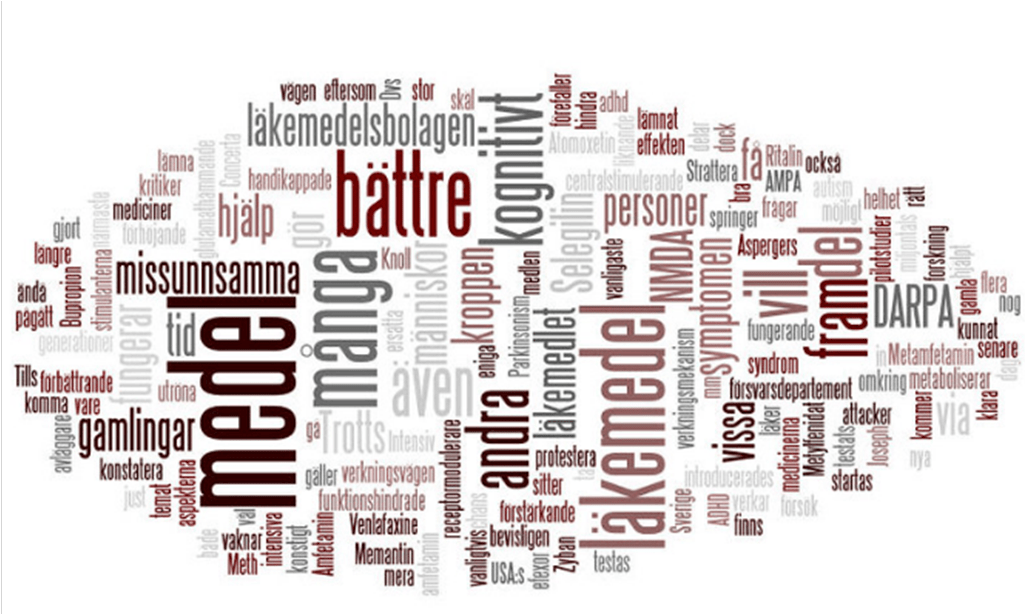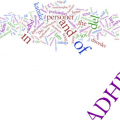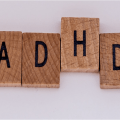Table of Contents
Attention-deficit/hyperactivity disorder (ADHD) affects 5% of the population children. About 60% of these children carries over their symptoms to adulthood, which means about 4.4% of the adult population or nearly 9 million of adults in America have ADHD.
ADHD and work in adults manifests differently than in kids. Where in children it is shown through hyperactivity, lack of focus, and fidgeting, in adults ADHD and work is characterized by restlessness, disorganization and chronic forgetfulness, and emotional difficulties.
Symptoms of ADHD in Adults
ADHD can have a negative impact on personal and professional aspects of life. Some of the symptoms include:
Being easily distracted
ADHD and work are easily distracted especially from things that do not interest them. This can be shown in two distinct ways: external and internal. With external distractibility, an adult with ADHD finds it difficult to stay on track due to elements in their surroundings, such as the constant chatter of workmates, the buzz of the traffic outside, or even the sudden ringing of a phone. By contrast, in internal distractibility, an adult with ADHD becomes lost in thought or daydreams.
Inability to focus or multitask
Closely linked with distractibility, inability to focus due to ADHD makes those diagnosed with it unable to stay engaged in an activity or a conversation. Thoughts flit in and out, and being still is a herculean effort.
On the flip side, it’s also difficult to multitask. People with ADHD and work tend to fixate their focus, when they do find something worthy of their interest, on one single thing, completely ignoring all others around them. This complete absorption places them in a somewhat of a social bubble, completely removed from, say, their office environment where they might be unwittingly ignoring their co-worker.
Weak time management skills
Since people ADHD often see-saw between focusing on one task only to not being able to focus on anything at all, they tend to manage their time poorly too. They may miscalculate how much time an errand or task may take. Starting a task can also present a problem, as they do tend to procrastinate too. They also find it hard to keep track of schedules and duties, especially in more complex projects, thus leading to missed deadlines.
Poor relationship with colleagues
ADHD and work find it difficult to socialize. Their impulsivity makes them likelier to commit social faux pas as well, including frequently interrupting people speaking or blurting out comments during a meeting. People with ADHD also tend to be overtly blunt without realizing it, which may be considered rude by some who have no idea about the condition. As such, it is not rare for people with ADHD to have tense relationships with their colleagues. This tension, and the feeling of being isolated from their peer due to something they can’t understand, can contribute to feelings of hopelessness and unhappiness.
How to Work around ADHD in Adults
Though it may seem dire, ADHD isn’t an insurmountable barrier. There is no cure, but there are plenty of options available for those diagnosed to lead a healthy and professionally fulfilling life.
Aside from therapies, counselling sessions, and medications, here are other steps an adult with ADHD can take in order to improve their experience in the workplace.
Keep the work area clean and de – cluttered.
For a better workflow, remove distractions in your space. Keep a designated spot for pencils, markers, and documents. If you have trouble keeping track of documents, using Post-It notes is a good place to start. Clearly and legibly label your things such as folders and notebooks to help in your organization.
Avoid distractions.
It isn’t very easy to achieve, especially if you work in an office. If possible, request for a separate room to work in. Also, if you’re working in cubicles, request for one that is as far away from most of the bustle as possible.
If it is still not doable, invest in noise-cancelling headphones or perhaps listen to soothing music or white noise that can help you focus better. Of course, ask the management first for permission to use such devices during work hours.
Make checklists.
Checklists are a neat way of keeping track of what you have accomplished and yet to accomplish. They also help give you a general idea of how much time you could allocated on one task in order to finish another.
Keep a notebook or planner and a pen with you at all times.
Jot down reminders and other information that you shouldn’t forget. If you can’t find the time to write, set reminders on your phone.
Divide your work in manageable chunks.
Tackling a huge task can be daunting and keep you from starting it. Try to break it into smaller pieces. Upon completing each piece, you can also give yourself a reward. For instance, give yourself a chocolate bar for finishing sending out corporate emails.
Take breaks.
ADHD and work makes it difficult for you to focus on one thing for too long, especially if it’s something that doesn’t interest you. To combat the feeling of restlessness, schedule breaks around your workday. Walk around to get some water. Go to the pantry to munch on a fruit. Get out of the office during lunch break for a change of pace. With the right kind of support, adults with ADHD can succeed in the workplace.






 I love to write medical education books. My books are written for everyone in an easy to read and understandable style.
I love to write medical education books. My books are written for everyone in an easy to read and understandable style.